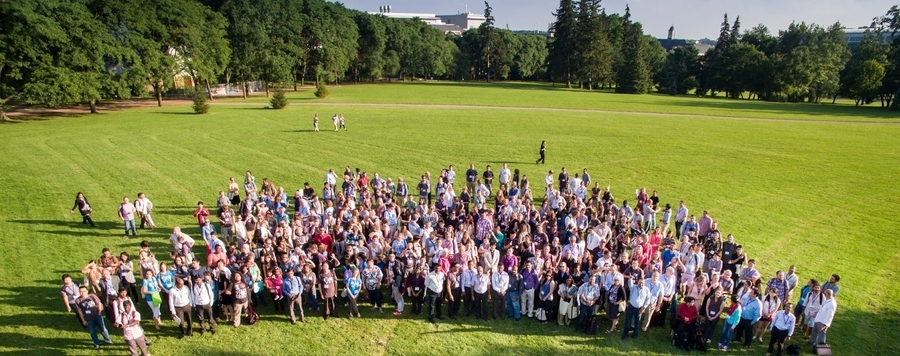
Lessons from the first phase of the German Barcode of Life initiative (2012–2015)
GBOL (https://www.bolgermany.de/) is currently the largest barcoding campaign in Europe, financed by the German Federal Ministry for Education and Research. GBOL has five regional and thematic nodes and is flanked by complementing projects (Barcoding Fauna Bavarica (BFB), FREDIE for European freshwater fishes and some invertebrate taxa, barcoding of the North Sea Fauna) and supported by more than 200 citizen scientists. The latter play a very important role, because the taxonomic workforce and expertise in natural history museums and universities is insufficient. We describe the efforts required to motivate voluntary helpers and the importance of a national web portal for communication in the native language, and the necessity for a close cooperation with BOLD. To maximize synergies a strong commitment to common data standards and repositories is needed, as well as better trans-boundary cooperation between nations, which both would accelerate database completion and increase costefficiency. We present statistics for the work achieved in three years (species numbers, taxonomic coverage, geographic coverage), some problems that slow down the workflows, and observations on the resolution of COI barcodes in different taxa. We discuss some unexpected discoveries (e.g., new species, new parasite-host relations). Significance: This study shows that interdisciplinary knowledge of biology, ecology, and barcode information—important tools in definitions of species—are required to describe new species.





